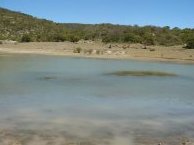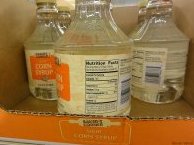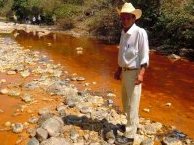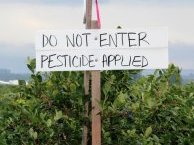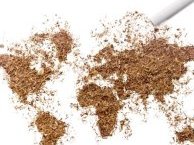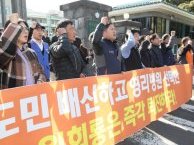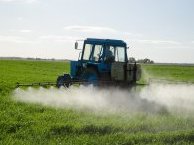
The investor-to-state dispute settlement (ISDS) provisions proposed in trade agreements give pharmaceutical corporations the right to sue governments for compensation if domestic laws negatively affect future earnings on their intellectual property or investments, and even if these laws are in accordance with public interests. Better access to medicines or preventing unsafe or ineffective medicines from entering the market could prove problematic.
Major US, Canadian and French pharmaceutical companies have recently challenged pro-public health measures through ISDS disputes brought under ISDS provisions.
Chemical corporations have also used ISDS in numerous occasions to challenge national bans on hazardous substances.
Most well-known cases include:
• Ethyl (US) vs. Canada: following Canada’s ban on the toxic petrol additive MMT, the US producer sued for US$201 million in compensation. In 1998, Canada agreed in a settlement to pay US$13 million and withdrew the ban (NAFTA invoked).
• Philip Morris Asia (Hong Kong) vs. Australia: When Australia introduced plain packaging for all tobacco products in 2011, Philip Morris sued Australia before an arbitral tribunal. In its December 2015 decision, the tribunal dismissed the case, albeit on legal grounds only. Australia spent A$24 million in legal costs but Philip Morris only paid half, leaving the Australian taxpayers to pay the other half. As a consequence of this case, countries ranging from Namibia, Togo to New Zealand decided to wait to introduce their own plain packaging for tobacco products. (Australia-Hong Kong BIT invoked)
• Dow Chemical (US) vs. Canada: the chemical corporation initiated a dispute for losses it alleged were caused by a Quebec provincial ban on lawn pesticides containing the active ingredient 2,4-D, classified as a possible carcinogen and one of the ingredients in Agent Orange, the herbicide widely used during the Vietnam war. In a settlement in 2011, the ban was sustained but Quebec was required to state that “products containing 2,4-D do not pose an unacceptable risk to human health or the environment provided that the instructions on their label are followed.” (NAFTA invoked.)
Photo: Aqua Mechanical / CC BY 2.0
(March 2020)
